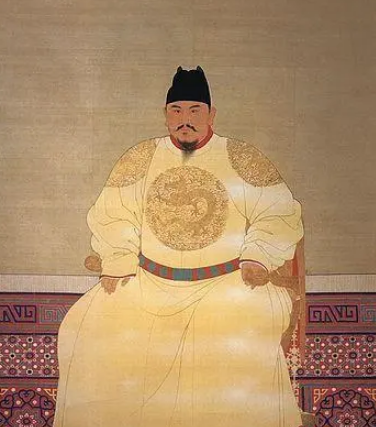The Tang Dynasty, as a period of great prosperity in Chinese history, has always been a focus of historical scholars' research on the abilities and achievements of its emperors. When evaluating the abilities of an emperor, we usually conduct a comprehensive consideration from various aspects such as politics, economy, culture, military, and so on. This article will attempt to construct a ranking of the abilities of the Tang Dynasty emperors and interpret the order and evaluation criteria.

I. Principles for Constructing the Ability Ranking
When constructing the ranking of the abilities of the Tang Dynasty emperors, we need to establish an objective and fair evaluation system. This system should include the following aspects: political wisdom, governance philosophy, legal system, economic development, cultural education, military talent, diplomatic skills, etc. By evaluating the performance of each emperor in these areas, we can obtain a relatively reasonable ranking of abilities.
II. Demonstration of the Abilities of Outstanding Tang Dynasty Emperors
Some outstanding emperors of the Tang Dynasty, such as Emperor Taizong Li Shimin, Emperor Xuanzong Li Longji, and Wu Zetian, all made significant political achievements during their reigns. For example, Emperor Taizong created the "Zhenguan Period of Governance" with his extraordinary political wisdom and military talent, while Emperor Xuanzong achieved the "Kaiyuan Prosperity" with his open cultural policies and economic promotion. Wu Zetian, as the only female emperor, also made noteworthy political reforms and cultural developments during her reign.
III. Limitations of the Ability Ranking
It should be noted that any ability ranking has its limitations. Firstly, the completeness and accuracy of historical data can affect the evaluation results. Secondly, differences in social backgrounds and values in different historical periods can also influence the evaluation. Finally, personal subjective biases are inevitable. Therefore, this ranking can only serve as a reference and cannot fully represent historical facts.
IV. Conclusion
Despite its limitations, constructing a ranking of the abilities of the Tang Dynasty emperors is still a meaningful task. It not only helps us better understand the governance characteristics and achievements of each emperor but also promotes deep thinking about the history of the Tang Dynasty. Through such research and discussion, we can gain a more comprehensive understanding of history and provide valuable experience and inspiration for today.
Disclaimer: The above content is sourced from the internet and the copyright belongs to the original author. If there is any infringement of your original copyright, please inform us and we will delete the relevant content as soon as possible.





























